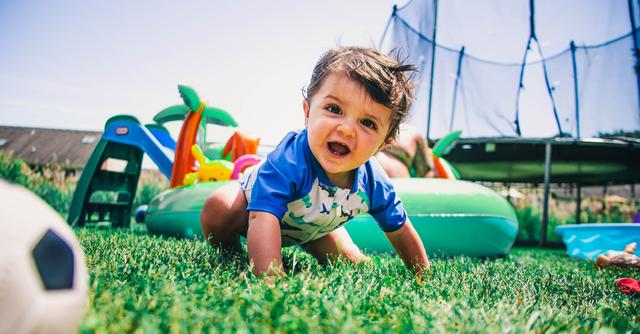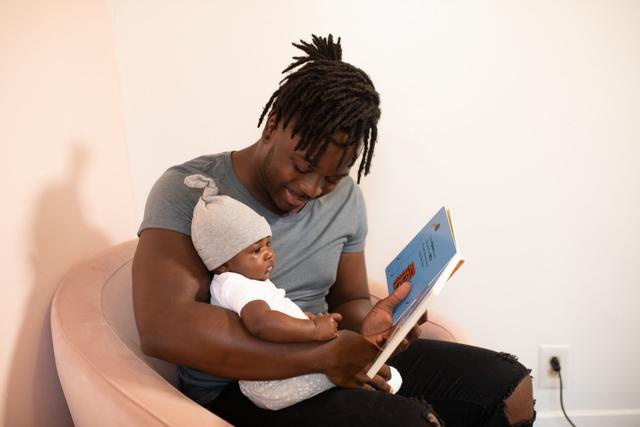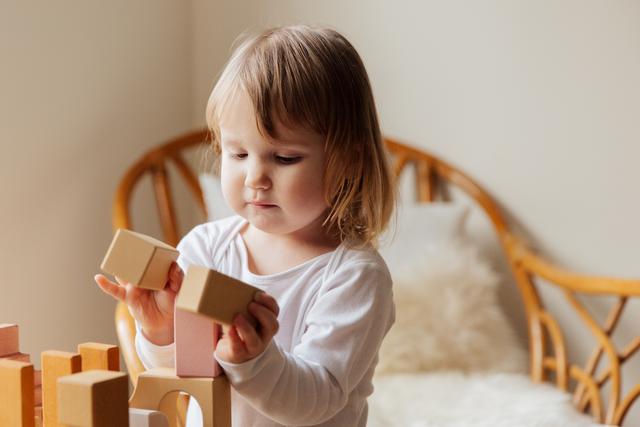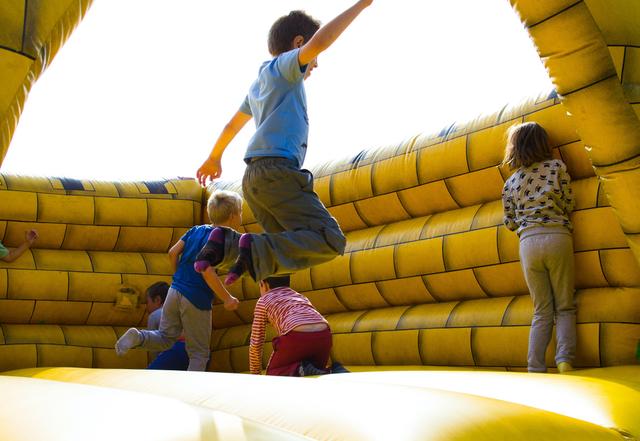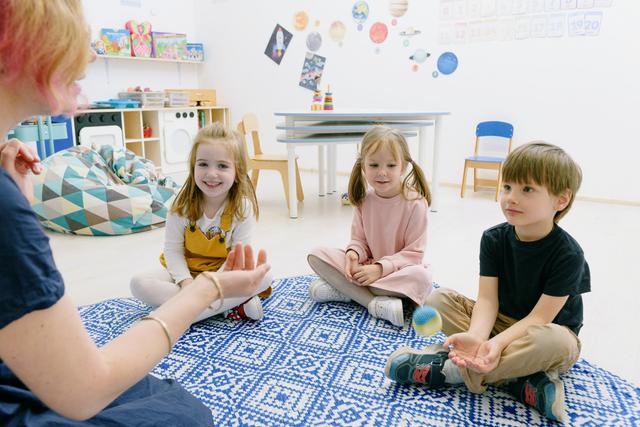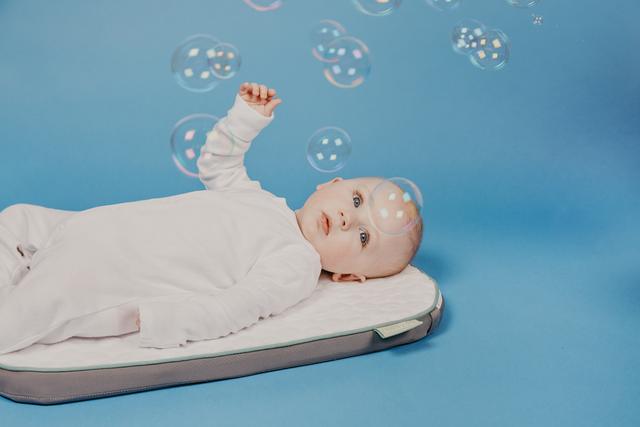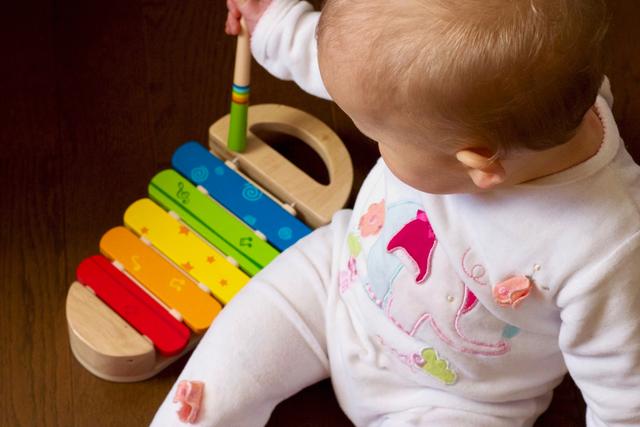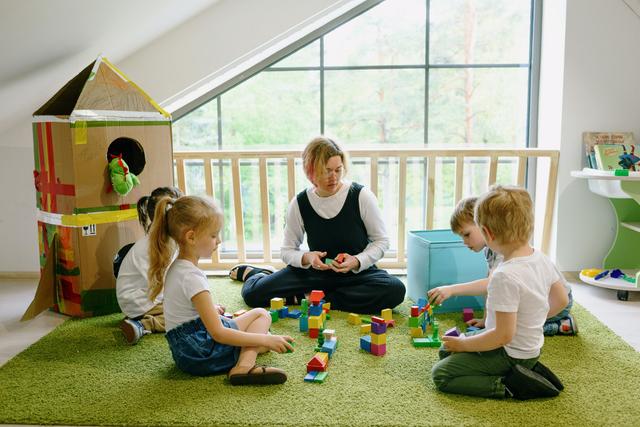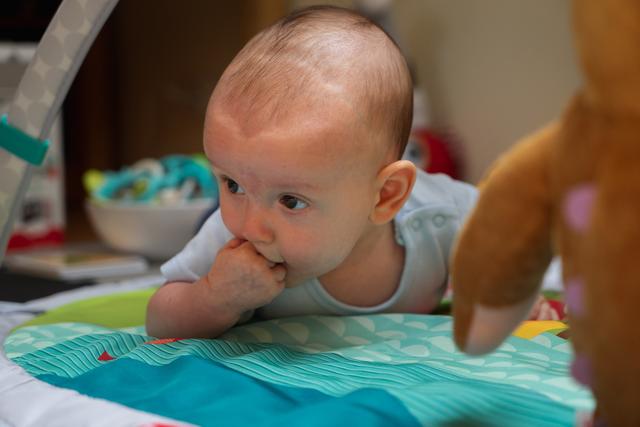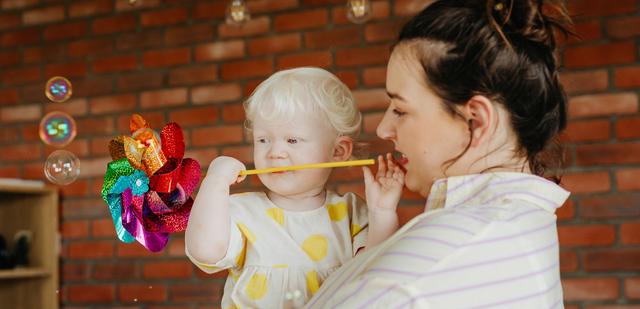Baby Sensory Articles
Baby Sensory For Kids In The UK
Baby Sensory stands out as an esteemed early years development program in the UK, ingeniously conceived by Marion Dowling in 1994 in Surrey, England. Initially established to support and enhance infant developmental stages, the program has remarkably proliferated, now boasting over 4,500 classes across more than 40 countries worldwide. This surge in popularity underlines the program's effectiveness and global appeal.
At its core, Baby Sensory is meticulously designed to facilitate an engaging, enriching environment for newborns and young infants, delivering a series of activities that stimulate the primary senses. Each class is a unique blend of sights, sounds, textures, tastes, and smells, all crafted to captivate babies' attention and spur developmental milestones. These sensory-rich activities are not only enjoyable but are also crafted with the intent to foster crucial early experiences in a baby’s life.
Parents and caregivers are provided with a myriad of tools and resources through Baby Sensory, enabling them to effectively contribute to their child’s early development. From tactile activities that encourage touch to audible stimuli that aid hearing development, each element of the program is thoughtfully integrated to support various developmental aspects. This structured yet flexible approach ensures that every session remains both informative for parents and delightful for children.
Whether in a local session in the UK or an international class, Baby Sensory maintains a uniformity in quality and experience, enriching the lives of children and caregivers through well-researched, scientifically backed methodologies. As the program continues to expand, it consistently opens doors for babies to explore and grow in a nurturing, immersive environment that lays a solid foundation for their future learning and development.
The Benefits of Baby Sensory
Participating in Baby Sensory provides numerous health benefits for young children, especially in the critical early stages of development. The activities designed to stimulate the five senses—sight, touch, hearing, taste, and smell—not only enhance sensory development but also play a crucial role in the holistic growth of infants. These sensory experiences facilitate neural pathways associated with sensory processing, providing a foundation for more complex learning tasks in future.
Moreover, Baby Sensory classes promote vital motor skills. Engaging activities encourage movements such as grasping, reaching, and crawling, which are fundamental in developing muscle strength and coordination. This early physical development is pivotal as it supports the independence and exploration capabilities of young children.
Language skills also receive a significant boost from Baby Sensory. Through songs, stories, and interactive games that involve verbal expressions, babies start recognising and mimicking sounds. This exposure is invaluable in fostering early communication skills and enhancing linguistic abilities.
Social interaction is another critical aspect facilitated by Baby Sensory classes. These interactions with peers and adults help babies learn to communicate and behave within a community, nurturing important social skills early on.
Lastly, Baby Sensory provides a calming and stress-relieving environment. Activities designed to soothe and engage babies help in reducing stress levels, making it a nurturing experience for both the baby and the caregiver. This supportive setting is essential not just for physical and cognitive development but also for emotional well-being.
FAQs
What age range is Baby Sensory suitable for?
Baby Sensory is ideally suited for babies from birth up to approximately 13 months old. This program is specifically designed to cater to the developmental needs of newborns and young babies at their crucial early stages.
How long are Baby Sensory classes and how frequently do they occur?
Each Baby Sensory class typically lasts about 45 minutes and occurs once a week. This schedule is structured to provide regular stimulation without overwhelming the babies.
What should I bring to a Baby Sensory class?
Parents or caregivers attending a Baby Sensory class should bring a soft mat or blanket for their baby to lie or sit on comfortably. Additionally, bringing along favourite toys or props can help make the experience more soothing and enjoyable for the baby.
Can someone other than the baby’s parents attend a Baby Sensory class?
Absolutely, Baby Sensory classes welcome grandparents, childminders, and other caregivers. It’s a great opportunity for other family members or guardians to bond with the baby and learn ways to support their development.
How much does it cost to attend a Baby Sensory class in the UK?
The cost of Baby Sensory classes can vary depending on the location and the duration of the program. Parents and caregivers are encouraged to contact their local Baby Sensory provider to get detailed information on pricing and any available packages.
